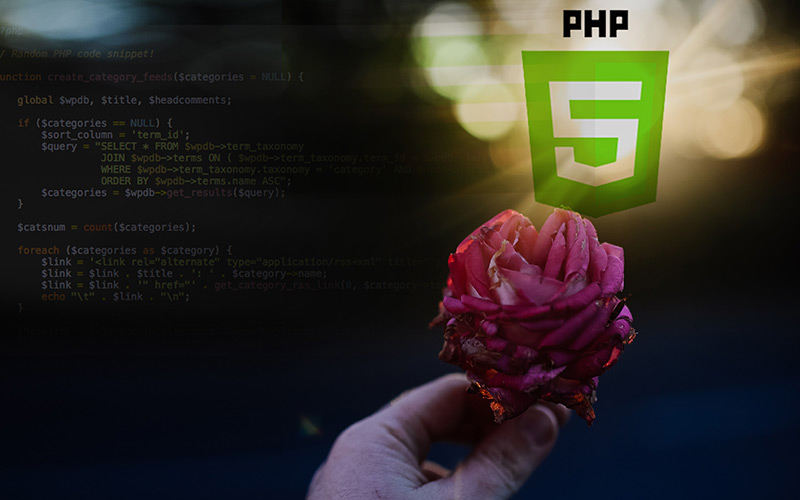There’s an good chance that your web server is running PHP. This server side programming language powers most of the web. If you don’t upgrade very soon, your website will be dangerously vulnerable to hackers. Here’s everything you need to know about PHP and what to do next.
Why and When Do I Need to Upgrade to PHP 7?
When software is released, such as PHP, the software developers don’t maintain it forever. A product is fully supported for a set time. After that time has elapsed, the developers will fix security issues for an additional period of time, such as a year or two. Eventually, the product reaches End of Life (EOL).
Once EOL has been reached, no further security holes will be patched – period. Hackers are well aware of EOL dates and take full advantage of the opportunities.
For PHP 5.6, that EOL date is January 1, 2019 – only a few short weeks away.
Upgrade to PHP 7 – It’s Safer and Faster
PHP 7 is a known quantity since it was first released in 2015. Since then, it has improved quite a bit. PHP 7.2 is significantly faster than PHP 5.6 and fully supported at present. There are also other important performance improvements. If you’re having plugin compatibility issues or slowdowns, there’s a good chance upgrading PHP will help.
However, you shouldn’t upgrade to PHP 7.0. This version also reaches its EOL date at the end of 2018.
How Can I Find Out Which PHP Version I’m Running?
WordPress users running the security plugin Wordfence can easily check which PHP version they’re running by doing the following:
- Go to “Tools”
- Click on “Diagnostics” located at the top right
- Scroll down until you find “PHP Environment” – this will show you which version you have
Some users may need to check with their web host concerning which PHP version they have installed.
Which PHP Version Should I Upgrade To?
PHP 7.2 is the ideal upgrade. This version is fully supported for one more year and will receive security updates for an additional year after that. It’s the latest version and will provide the most benefit.
PHP 7.1 is considerably better than no upgrade at all. However, be aware that full support for PHP 7.1 ends shortly. Security fixes will continue for an additional year.
PHP 7.0, as mentioned above, is almost EOL. You don’t want to upgrade to PHP 7.0.
How Do I Upgrade to PHP 7.2?
Your web host may provide an easy, one-click upgrade method in cPanel. You can switch to PHP 7 and look for problems. If you find any, switch back and figure out the fixes.
If your web host doesn’t support this upgrade (most will), it’s probably time to switch to another web host.
Could I Have Problems When I Upgrade?
Since every website is unique, you might encounter errors or warnings about incompatible code.
If you’re using WordPress, your WordPress core is completely compatible with PHP 7.2. However, it’s possible that your theme and plugins could be unmaintained, causing incompatibility errors.
Using any unmaintained software on your website is always risky. It’s far better and safer to find software that is fully maintained and supported by the developer and stop using old software and plugins.
You’re Running Out of Time
Typically, whenever a critical EOL deadline draws near, there’s a big rush to update. As of January 1, 2019, there will be no more security updates for PHP 5.6. And hackers are waiting.
Given the importance of updating the code that runs most of the web’s servers, a lot of people are going to be putting in a lot of very late nights, regardless of the upcoming holiday season.
Spread the word. Tell other website owners about this fast-approaching deadline.
What If I Need Help Updating to PHP 7.2?
The web development team at BXP Creative fully understands how important this update is to you. We’ll make sure your website receives all the benefits of PHP 7.2. Our team will help with the upgrade and fix any issues that pop up.
We hope everything proceeds smoothly with your update, but if you find yourself struggling with glitches such as incompatibility errors or simply don’t have time to take care of this yourself, contact us. We’ll do the work while you take care of business.




